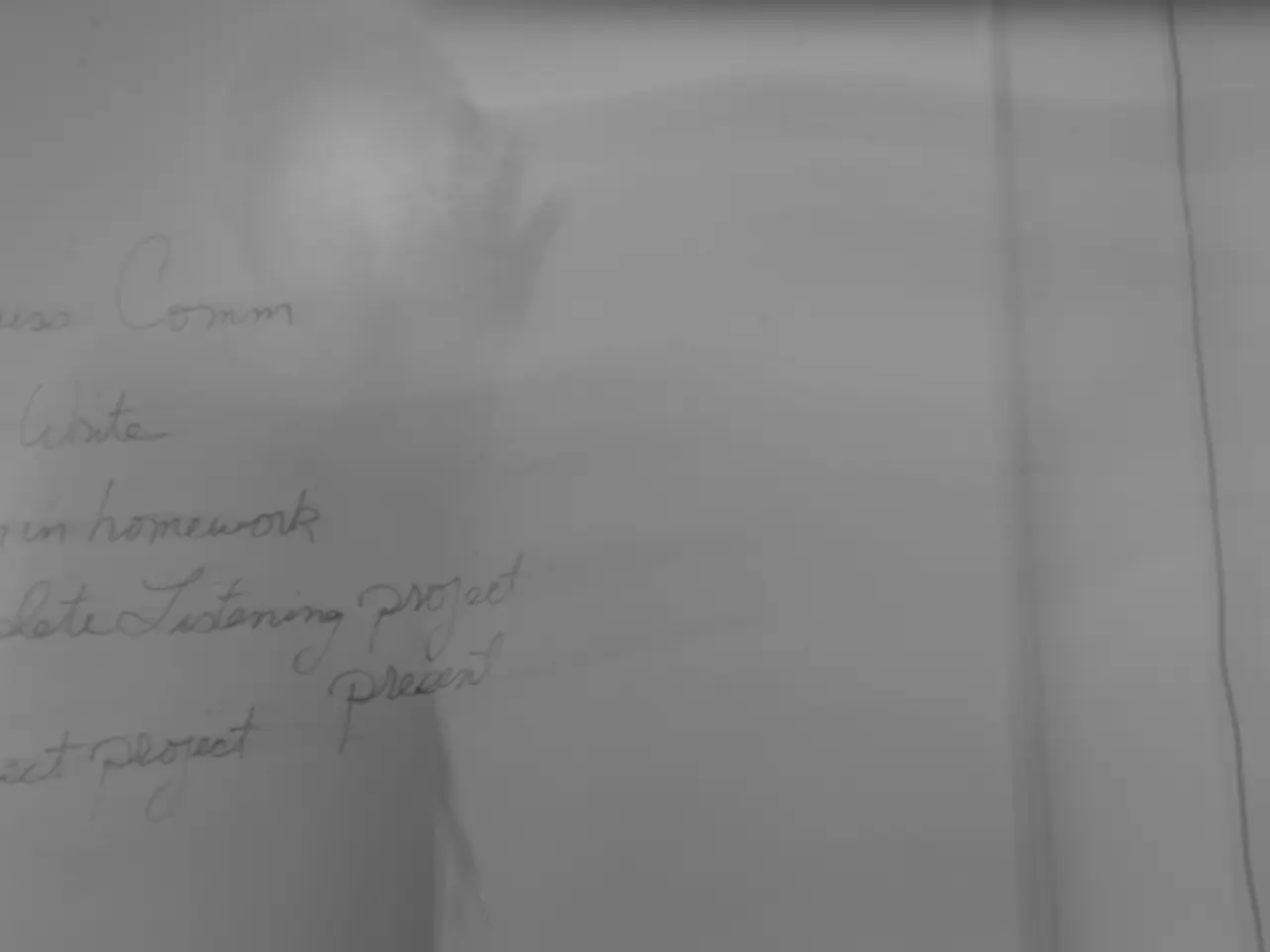Dispute over $3.3 million settlement with BetMGM now proceeds following Michigan Supreme Court decision
In a significant ruling on July 22, 2025, the Michigan Supreme Court unanimously decided that state online gambling laws do not bar individuals from bringing gambling-related disputes to court. This decision allows Jacqueline Davis's $3.2 million lawsuit against BetMGM to proceed.
The case in question centers on Davis, who played BetMGM's promotional roulette-style game "Luck O' The Roulette" in March 2021. Starting from a $4.50 bet, Davis accumulated winnings over a five-day streak, eventually amassing nearly $3.3 million in her BetMGM account. However, the following day, BetMGM suspended Davis's account, citing the "volume of play" and a presumed "error" in the game as the reason.
Initially, the Michigan Court of Appeals upheld the decision to deny Davis's motion for reconsideration in Wayne County. However, the Michigan Supreme Court's ruling remands the case back to Wayne County Circuit Court for consideration of Davis's original claims.
In its defense, BetMGM contended that Davis's claims were barred under the 2019 Lawful Internet Gaming Act (LIGA), arguing that the law conferred regulatory authority to the Michigan Gaming Control Board (MGCB) and left no room for private lawsuits. However, writing for the unanimous court, Justice Brian Zahra emphasized that the Lawful Internet Gaming Act was never intended to eliminate the ability to pursue common law claims in court.
Zahra wrote that while LIGA legalized online gambling, it did not abrogate preexisting rights to legal remedies under common law. He pointed out that Davis was neither notified of the MGCB's violation finding nor invited to participate in the proceedings, raising questions about due process. He stressed that the adaptability of common law makes it suitable for evolving scenarios stemming from new industries like online gaming.
Steingold, Davis's attorney, described the ruling as a clear victory. He criticized the MGCB's lack of disclosure during the initial court proceedings and highlighted the fact that the MGCB previously cited BetMGM for failing to detect the game's malfunction within 24 hours, a fact uncovered by Davis's legal team via a Freedom of Information Act request.
The current status of the lawsuit between Jacqueline Davis and BetMGM is that it is moving forward through the legal process rather than being dismissed or settled at this stage. There is no indication yet that the lawsuit has been resolved, so it is still ongoing following the court’s ruling.
[1] Source: Michigan Supreme Court decision (July 22, 2025) [3] Source: Davis v. BetMGM LLC, Wayne County Circuit Court (filed July 23, 2025)
- The Michigan Supreme Court's decision allows lawsuits related to online gambling disputes, enabling Jacqueline Davis's $3.2 million lawsuit against BetMGM to progress.
- Davis accumulated her winnings through BetMGM's promotional game, "Luck O' The Roulette," before her account was suspended.
- The Michigan Supreme Court remanded the case back to Wayne County Circuit Court for reconsideration of Davis's original claims.
- BetMGM argued that the 2019 Lawful Internet Gaming Act (LIGA) barred private lawsuits, but the court emphasized that LIGA did not eliminate common law claims.
- The court noted that Davis was not notified of any regulatory violations or invited to participate in the proceedings, raising due process concerns.
- Steingold, Davis's attorney, criticized the Michigan Gaming Control Board's (MGCB) lack of disclosure and pointed out the MGCB's previous citation of BetMGM for game malfunction.
- Despite the progress in the lawsuit, its current status indicates that it is moving forward in the legal process instead of being settled.
- This decision has implications for the igaming industry, possibly setting a precedent for future lawsuits involving casino games, sports betting, poker, and even lotteries.
- The evolving trends in the casino-and-gambling sector, such as increased regulatory oversight and the push for responsible gambling, may influence the outcome of such cases in the future.




